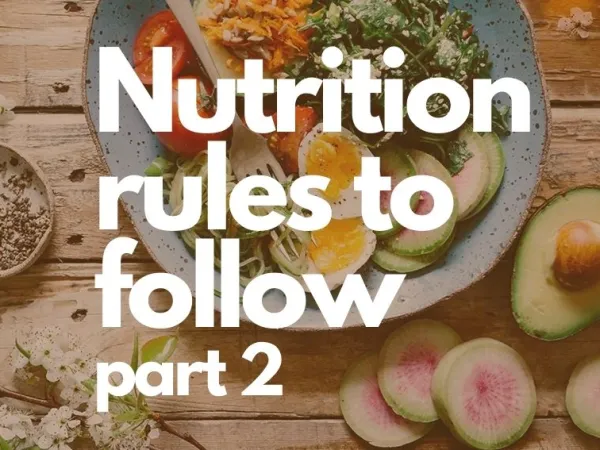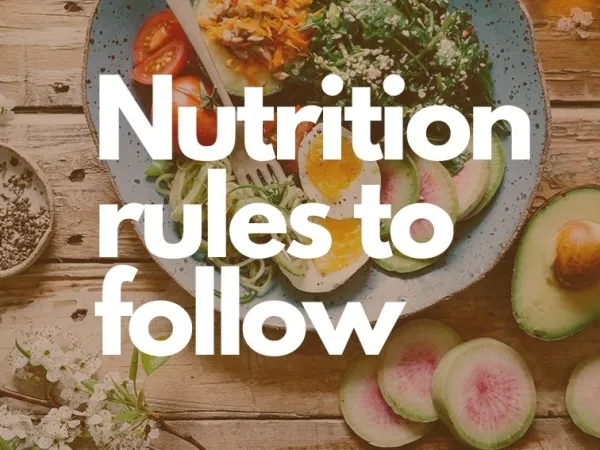There are a lot of different opinions and thoughts on veganism. Most of these opinions are obviously structured around protein, protein intake and mainly, the sources of protein. Vegans and non-vegans swear by their lifestyle choices, but who is right? Everyone has ideas about the best kind of diet for themselves. I am a big believer in letting everyone make and experience their own choices, and nutrition is no exception. It seems like the word “vegan” has gotten such a bad rep ( especially in the fitness community) that most people avoid the topic. However, I’m here to use my knowledge to make your experience as a vegan healthier and more positive.
If you look at it subjectively, you will see that you do not need meat for survival, but the reality is that it does make it a lot easier. There’re plenty of different protein sources that you can choose from that are not meat-based. You got things like cheese, yoghurt, eggs and fish. Vegans obviously want to stay away from sources like these and consume more of sources like nuts, seeds, nut-butters and tofu.
The big problem
The difficult part about vegan protein sources is that there are very few if any products that are pure protein-based food sources and not processed in a factory (like chicken or pork for meat-eaters). You got products like beans and lentils, but both of those sources contain more carbohydrates than they do protein. You got protein sources like the impossible burger and soy-based products, but all of these are manufactured in labs and factories. The reality here is that you have to make conscious decisions each day. Conscious decisions about your protein sources and where it comes from. I think we can all agree that we want to minimize the number of processed foods we put inside our body, for various reasons.
A recent conversation with a friend who lives a vegetarian lifestyle opened my eyes to the difficulty of getting in protein without adding a lot of extra carbs and processed foods. I had a look at his protein, carb and fat intake one day and it seemed like his protein intake had skyrocketed while the fat and carb levels stayed the same. The cause of this was simply because he ate a piece of meat. I am not telling anyone to eat meat, instead I gave him a list of foods that are surprisingly high in protein content. (the list will follow down below).
The bottom-line here is that it’s very hard to get a good amount of protein in without consuming more processed and carbohydrate heavy foods, there’s no denying that. This makes it hard but not impossible.
Solutions to the problem
Just like every problem, there’s always a solution. If I’d recommend sources of protein to anyone who is currently or looking to go vegan, it would be to vary your intake as much as possible. There’re a fair number of sources out there but they all add something extra. For example, nuts, seeds and nut-butters will add more fat to your nutrition, whereas beans, lentils and tofu add more carbs to your diet. rotating these different sources will allow you to change up the ”extra” nutrients (carbs and fats) you’re getting in.
Last/ extra resort
Obviously, protein powder is a safe option for anyone looking to add more protein to their nutrition. As far as I know this is the only ”pure” protein source that vegans can go to without the extra carbs and fats. But going back to what I said before, this source is processed inside a factory and misses a lot of nutritional value and content, so it shouldn’t be used as the sole/primary protein source in your diet (This is not just the case for vegan-protein powders). This is why I always tell people that it is an ”extra” option or last resort if you will. Always try and get your nutrition from real and unprocessed foods, so you get the full nutritional package.
To help you out I put together a list of vegan protein sources and separate list that contains vegetables that will give you anywhere between 4-6 grams of protein per 200 gram serving:
More vegan protein sources include:
- Tofu, Tempeh and Edamame
- chickpeas and different beans
- spelt and teff
- different seeds
- cashews, almonds, brazil and other nuts
- oats/oatmeal
- nut butters

These high-protein veggies will give you between 4-6 grams of protein per 200 grams:
- Broccoli
- Mushrooms
- Corn
- Spinach
- Kale
- Brussel sprouts
- Artichoke
- Cauliflower
- beet greens
- green beans
- potatoes
- arugula
- asparagus

If you like the content that I am bringing out 3 times a week, every week, I would appreciate if you could share and like this blog so I am able to reach more people.
https://www.instagram.com/kees96cf/
6 nutrition rules to follow, part 2
Welcome back to part 2 of this series, nutrition rules to follow. Really what this blog should be called is nutrition rules that you COULD follow. There’s already enough people out there that will tell you exactly what you should be doing and how to do it. Instead, I just want to give you the…
6 Nutrition rules to follow, part 1
Welcome back to another blog where we cover the wide topic of nutrition. The reason why I keep coming back to different topics related to nutrition is because the nutrition space is filled with false and misleading information. My goal is to simplify the message and give you honest information. I never want to tell…
5 Steps to getting stronger
Welcome back to this week’s blog where we cover a topic that I am super passionate about and that is getting stronger. Why am I so passionate about it? Because it has never come easy to me. Even since the start of my fitness journey I have always looked at other people in the gym…






A good post for vegans! Thank you 😊🌍
LikeLiked by 1 person